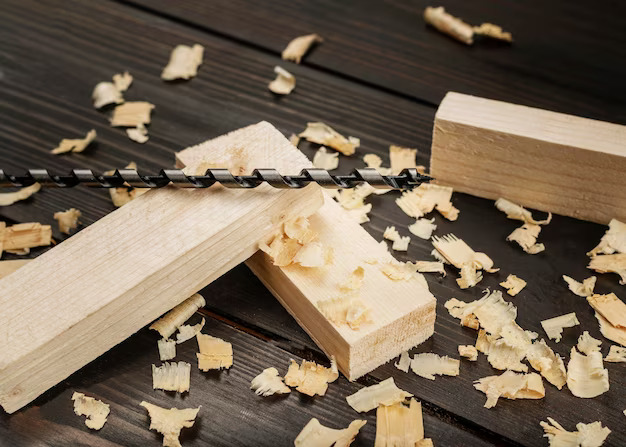When it comes to landscaping projects, the choice of materials can significantly impact the aesthetics, functionality, and longevity of outdoor spaces. Among the various options available, cedar landscaping timbers and pressure-treated wood stand out as popular choices for their unique qualities. In this article, we will delve into the benefits of using cedar landscaping timbers and pressure-treated wood, exploring their characteristics, applications, and the sustainable practices that make them the top choices for outdoor projects.
Understanding Cedar Landscaping Timbers:
Cedar landscaping timbers are derived from the heartwood of cedar trees, primarily Western Red Cedar or Eastern White Cedar. These timbers are celebrated for their natural beauty, aromatic scent, and exceptional durability. One of the key advantages of cedar is its resistance to decay and insect infestations. The natural oils present in cedar wood act as a deterrent to fungi and insects, making it an ideal choice for outdoor applications where exposure to the elements is inevitable.
Cedar landscaping timbers come in various sizes, allowing for versatility in landscaping designs. From retaining walls and raised flower beds to edging and pathway borders, cedar timbers add a touch of rustic elegance to outdoor spaces. The warm hues of cedar also complement a wide range of architectural styles, making it a popular choice for both traditional and modern landscapes.
The Appeal of Pressure Treated Wood:
Pressure-treated wood, on the other hand, undergoes a preservation process that enhances its resistance to decay, insects, and fungal growth. This process involves placing the wood in a vacuum-sealed chamber and infusing it with preservatives, typically copper-based compounds. The wood is subjected to high pressure, ensuring that the preservatives penetrate deep into its fibers. The result is a durable and long-lasting material that can withstand the rigors of outdoor exposure.
One of the primary advantages of pressure-treated wood is its cost-effectiveness. It provides a durable alternative to untreated wood at a fraction of the cost of naturally resistant hardwoods. This makes it an attractive option for various outdoor applications, such as decking, fencing, and structural elements like posts and beams.
Applications and Versatility:
Cedar landscaping timbers and pressure-treated wood find widespread use in a variety of landscaping applications, each contributing to the overall functionality and aesthetic appeal of outdoor spaces.
Retaining Walls:
Cedar landscaping timbers are a popular choice for building retaining walls. Their natural resistance to decay and insects ensures longevity, while the beauty of cedar adds an inviting element to the landscape.
Edging and Pathway Borders
Both cedar timbers and pressure-treated wood can be employed to create defined borders for garden paths and landscaping features. Their versatility allows for creative designs while maintaining durability in outdoor environments.
Decking:
Pressure-treated wood is a common material for decking due to its affordability and resilience. The preservation process ensures that the wood remains structurally sound, even in harsh weather conditions.
Fencing:
Fences constructed from cedar landscaping timbers or pressure-treated wood provide privacy and security while adding natural beauty to the surroundings. The materials’ resistance to decay and insects makes them suitable for long-term use.
Sustainability and Environmental Considerations:
As environmental awareness grows, the sourcing and treatment of wood products have come under scrutiny. However, both cedar landscaping timbers and pressure-treated wood can be sustainable choices when sourced responsibly.
Cedar Harvesting Practices:
Sustainable forestry practices ensure that cedar trees are harvested in a manner that allows for regeneration. Replanting and responsible harvesting contribute to the long-term health of cedar forests.
Eco-Friendly Treatment Methods:
The pressure treatment process for wood has evolved to use more environmentally friendly preservatives. Newer formulations reduce the environmental impact while maintaining the effectiveness of the treatment.
Conclusion:
Cedar landscaping timbers and Pressure Treated Wood, particularly when sourced from Bayou City Lumber, offer valuable solutions for enhancing outdoor spaces, combining aesthetic appeal with durability. Whether you are planning to build a retaining wall, construct a deck, or add borders to your garden, materials from Bayou City Lumber provide a versatile and cost-effective choice. Additionally, by choosing sustainably sourced wood and environmentally friendly treatment methods, such as those employed by Bayou City Lumber, you can ensure that your landscaping project not only stands the test of time but also contributes to a more sustainable future. Consider the unique characteristics of cedar and the preserved strength of pressure-treated wood from Bayou City Lumber to create a landscape that is not only beautiful but also built to last.



